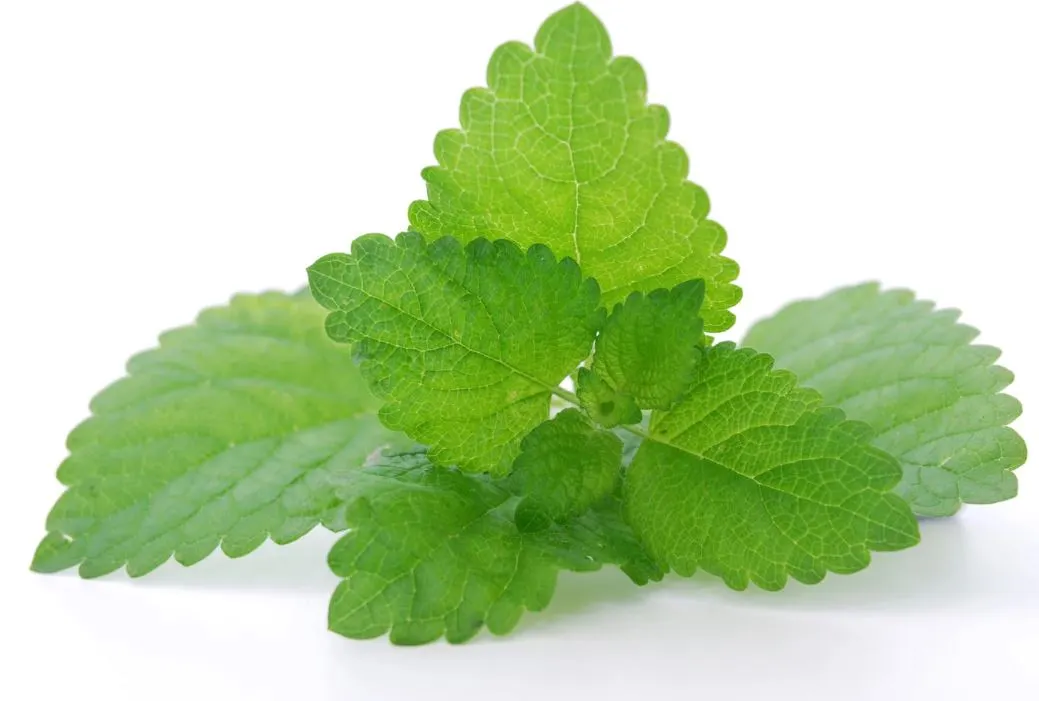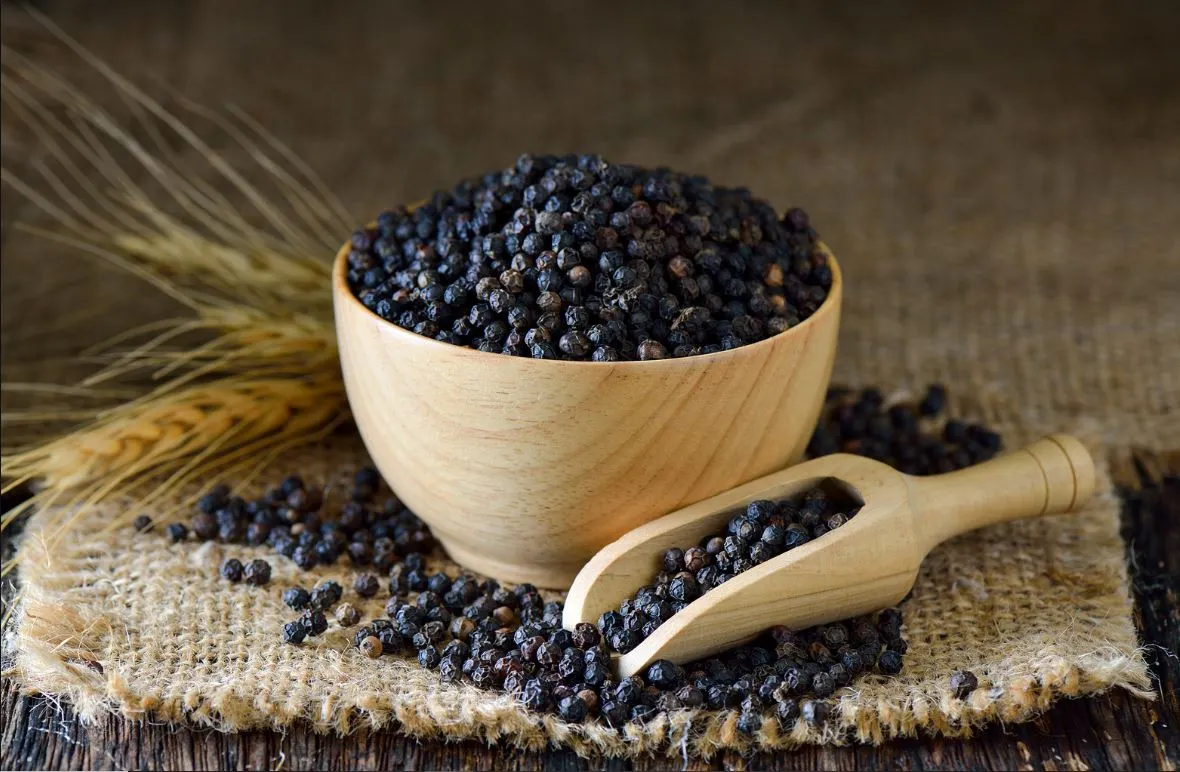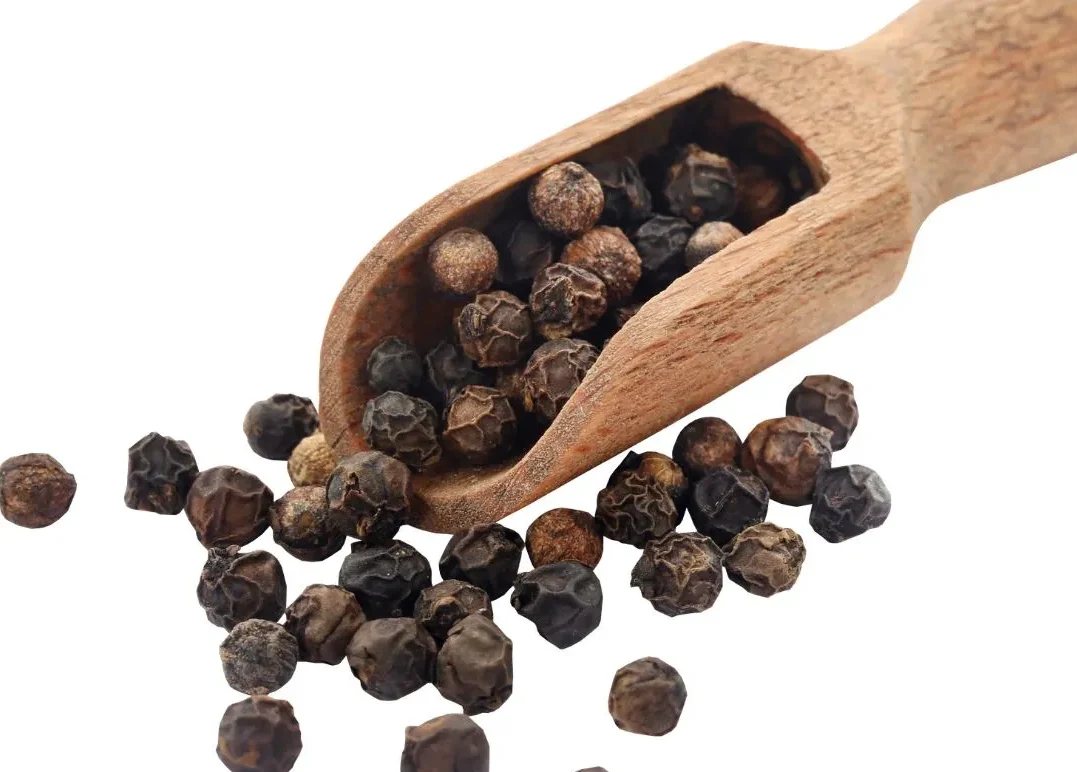Lemon balm (Melissa officinalis) has gained popularity as a calming herb that many people use for anxiety, insomnia, and digestive issues. However, as with any supplement or herbal remedy, questions about potential side effects naturally arise. One common concern that deserves attention is: does lemon balm cause heart palpitations?
If you’ve been considering using this herb or are currently taking it, understanding its potential effects on your cardiovascular system is important. Let’s dive into what the research tells us about lemon balm and its relationship to heart health.
Understanding Lemon Balm and Its Traditional Uses
Before addressing the question “does lemon balm cause heart palpitations?”, it’s helpful to understand what lemon balm is and how it’s traditionally been used.
Lemon balm is a perennial herb from the mint family that has been used medicinally for over 2,000 years. It has a pleasant lemony scent and is often consumed as a tea, taken as a supplement, or used in essential oils. Traditionally, lemon balm has been used for:
- Calming effects and stress reduction
- Improving sleep quality
- Alleviating digestive discomfort
- Supporting cognitive function
- Relieving headaches
Interestingly, many historical uses of lemon balm actually involve cardiovascular benefits, which seems at odds with concerns about whether lemon balm causes heart palpitations.
Does Lemon Balm Cause Heart Palpitations?
When investigating whether lemon balm causes heart palpitations, we need to look at scientific evidence rather than anecdotal reports. Here’s what research tells us about lemon balm’s effects on the heart:
Scientific Studies on Lemon Balm and Heart Function
Several studies have examined lemon balm’s impact on the cardiovascular system. A review published in the Journal of Ethnopharmacology noted that lemon balm contains compounds that may have a mild regulatory effect on heart rhythm, but there’s no substantial evidence suggesting that lemon balm causes heart palpitations in most users.
In fact, some research indicates the opposite effect. A study published in the Journal of Functional Foods found that certain compounds in lemon balm might help regulate heart rate and potentially reduce palpitations in some individuals, particularly those related to anxiety.
Reported Cases: Does Lemon Balm Cause Heart Palpitations in Some People?
While scientific studies don’t show a clear link between lemon balm and heart palpitations, some individual case reports have noted cardiovascular effects in certain users. These isolated reports raise the question: does lemon balm cause heart palpitations in sensitive individuals or at higher doses?
Some factors that might influence whether lemon balm causes heart palpitations in specific individuals include:
- Individual sensitivity: Some people may be more sensitive to herbs that affect the nervous system.
- Dosage: Higher doses might potentially affect heart rhythm differently than traditional amounts.
- Interaction with medications: Lemon balm may interact with certain heart medications or other substances.
Potential Mechanisms: How Might Lemon Balm Affect Heart Rate?
To understand whether lemon balm causes heart palpitations, it’s worthwhile to examine its active compounds and how they might affect the cardiovascular system:
GABA Effects and the Heart
Lemon balm contains compounds that may influence GABA (gamma-aminobutyric acid), a neurotransmitter that has calming effects on the nervous system. While this typically results in relaxation, changes in GABA activity could potentially affect heart rate in some individuals.
Interaction with Thyroid Function
Some research suggests that lemon balm may have mild effects on thyroid function. Since thyroid hormones influence heart rate, this raises questions about whether lemon balm causes heart palpitations indirectly through this mechanism in people with thyroid disorders.
Related Guide: Black Walnut Toxicity to Humans? (2025)
Who Should Be Cautious About Lemon Balm Use?
While most people can consume lemon balm without experiencing heart palpitations, certain groups might want to be more cautious:
- People with pre-existing heart conditions: If you already have arrhythmias or other heart issues, consult with a healthcare provider before using lemon balm.
- Those taking heart medications: If you’re wondering does lemon balm cause heart palpitations when combined with heart medications, this is a valid concern. Potential interactions exist with:
- Thyroid medications
- Sedatives
- Blood pressure medications
- Individuals with thyroid disorders: Due to lemon balm’s potential effects on thyroid function, those with thyroid issues should consult a healthcare provider.
How to Use Lemon Balm Safely
If you’re concerned about whether lemon balm causes heart palpitations but still want to try this herb, consider these safety tips:
- Start with low doses: Begin with a weak tea or low-dose supplement to see how your body responds.
- Monitor for symptoms: Pay attention to how you feel after taking lemon balm, particularly any changes in heart rhythm or rate.
- Consult healthcare providers: Always discuss herbal supplements with your doctor, especially if you have existing health conditions or take medications.
Conclusion
Based on available research, there’s no strong evidence suggesting that lemon balm causes heart palpitations in most healthy individuals when used in traditional amounts. In fact, for many people, lemon balm may help calm the nervous system and potentially reduce stress-related palpitations.
However, individual responses can vary, and certain factors like medication interactions, pre-existing conditions, or unusual sensitivity could potentially influence how lemon balm affects your cardiovascular system. The question “does lemon balm cause heart palpitations?” doesn’t have a one-size-fits-all answer.
If you’re considering using lemon balm and have concerns about heart palpitations, the wisest approach is to consult with a healthcare provider who is knowledgeable about herbal remedies and can provide personalized advice based on your specific health situation. As with any herbal remedy, moderation and mindfulness are key to a positive experience.



